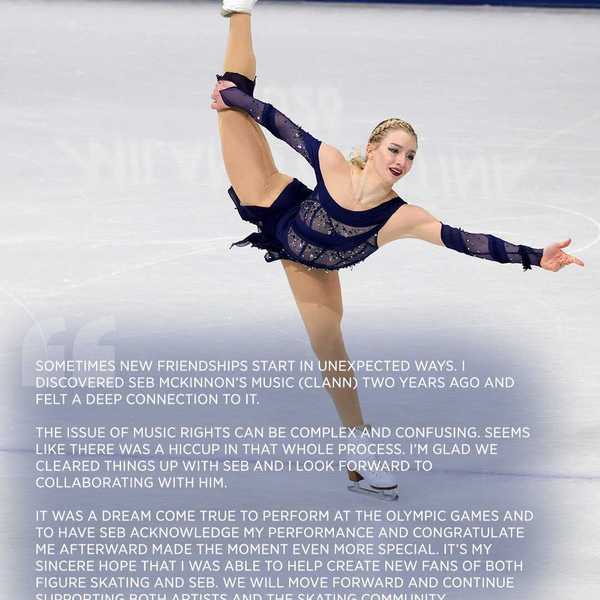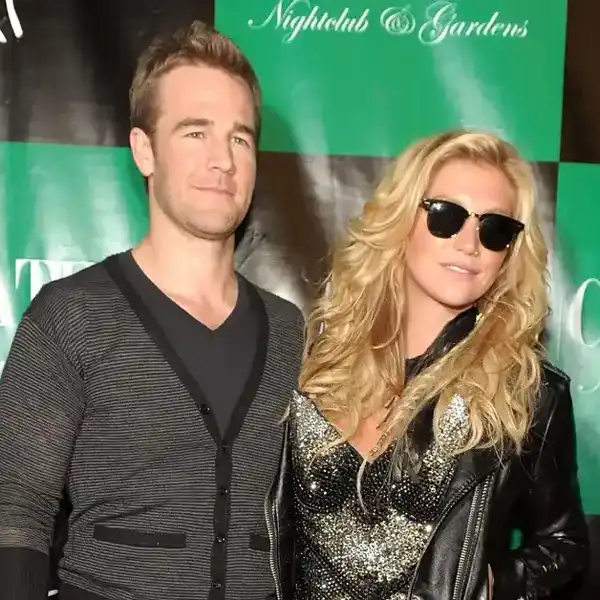Billboard Canada FYI Bulletin: Projections are Up for the Music Industry, but Stress Marks Are Starting to Show (Column)
In my Last Pogo at Canadian Music Week, and the last one for its retiring founder Neill Dixon, I saw multiple signs of transition that could define the festival and the industry moving forward.

One of the most memorable speakers from the early Canadian Music Week (CMW) days was in 2008 when Nicholas Negroponte, the founder of the Massachusetts Institute of Technology’s Media Lab, gave a keynote address that some found laughable, others downright scary. The nut of his message was that bits and bytes would transform the music industry’s future, that the CD was passé, that all entertainment would become customizable, and new delivery systems would change how music was heard by audiences globally.
His words were prophetic. Within a year of his speech, companies like Deezer and Spotify let the horse out of the barn by launching their online music streaming services and this shifted control of content away from the major labels. The algorithm was born and nothing’s been the same since.
Synchtank offers a concise snapshot of the upheaval going on in the music and media industries today. It makes no firm predictions, but it does map the playing field and quotes people on the front lines.
Disruptive technologies and copyright law could be grist for the mill for Randy Lennox’s vision for CMW in the next few years. At least, this is my guess. He knows the music and media landscapes as a longstanding executive at Universal and Bell Media, and he’s sure to dangle a few carrots offering intel about these and other topics to attract future audiences to the annual event.
But there are other issues at play. While Goldman Sachs marks 2023 as a turning point for the music industry with the first ever major price increase by global streaming platforms, the modernization of outdated royalty payment structures and the deployment of Generative A.I., their analysts forecast a bull run for the global music industry, raising 2024 revenue projections based on a stronger outlook for live music and music publishing.
The global investment firm is also confident that a robust live music industry will continue to expand. In Its In The Air report, it states that the sector “continued its strong rebound in 2023 with estimated revenues of US$33.1B in 2023 versus $26.5B in 2022.”
But it’s not all wine and roses. Fewer acts that can fill the big stadiums and arenas are willing or able to go back on the road, and the fees they are demanding to cover production and travel costs have reached outlandish proportions. It’s not unusual for major acts to spend millions per show just on crews to set up and take down staging and lighting. The stages alone can cost $10M plus to design and build. Second and third-tier legacy acts are asking more per show, often wanting to earn the same from their last tour but with half as many dates. The pandemic made many realize that home life has its advantages, but they still want to bring home a paycheque equal to what they were previously earning. Fans must be getting ticket price fatigue.
Then there’s the elephant in the room. A.I. is a hot topic that is keeping the legal profession in pocket, scaring the bejesus out of the creator communities and pushing long-held conventions off the table and out the door. Gizmodo and Medium have rounded up some of the best A.I. bots commonly available, some free to test-drive, others initially charging a nominal amount to entice more usage. And then there’s Music Radio Creative’s Mike Russell who walks us through the process that turns the ordinary into something far greater.
Beyond the obvious headline topics to attract audiences to CMW, there’s a range of other topics and concerns in the field.
On the media front, Corus Entertainment’s stock has gone way down in recent weeks and may be worth even less if the CRTC allows a signed deal between Rogers and Warner Bros. Discovery. The deal, effective at the start of the new year, takes a swath of English-language brands from Corus and gives Rogers Canadian rights to popular U.S. lifestyle and factual brands, including HGTV, The Food Network, Magnolia Network, The Cooking Channel, OWN, Discovery, Motor Trend, Science, Animal Planet and I.D. Corus still has branding and content deals with other key U.S. channels and studios, such as Disney, the History Channel, and Hallmark, but if fickle subscribers abandon ship, the writing could be on the wall without intervention. A faceoff looms with the regulator needing to tread carefully.
The profound financial pressures at Corus are causing chaos. Earlier this week, CBC confirmed that nearly three dozen employees have been cut from newsrooms at the company’s Global News division. CBC quotes an internal memo distributed to Global News employees that the changes are "designed to prepare our news division for more economic pressure, as the industry continues to evolve, as larger international tech giants offer content and advertising platforms directly to Canadians, and monopolize the Canadian advertising landscape."
Community radio is struggling and has had little to no voice at the table at CMW. With over 200 AM and FM broadcasting in 60+ languages across the country, revenue for most is raised through annual fundraising campaigns. Integral to many non-urban communities, Meta (owner of Facebook and Instagram) recently blocked them from posting local events as a way of avoiding paying news orgs as per the Online News Act. This has had a devastating impact on community radio broadcasters reaching their target audience and has negatively impacted the dissemination of local news affecting their communities. How does one go about promoting local events, charitable fundraisers, or civic news? Federal funding is drying up, so there’s a crucial need for a debate that can be picked up by other news media and hopefully gain notice from politicians in Ottawa.
Whispers suggest private broadcasters, squeezed for cash, are looking at the mandatory payments they must pay into the Community Radio Fund of Canada, and FACTOR or Musicaction. The regs are complicated and are explained by the CRTC here. From what I’ve heard, private broadcasters want more say about how they spend mandated CCD funds. How one tackles this sensitive conversation in a public forum is tricky, but my guess is the urgency of the matter will spill into the public purview before CMW rolls back into town next year.
There’s also the fact that festivals are struggling with fewer sponsors, escalating talent costs, higher insurance premiums, stagnant federal funding and post-pandemic debt. Again, according to a CBC News report, it costs 30 to 40% more to organize a festival this year than it did in 2019, according to Martin Roy, executive director of Festivals and Major Events Canada, and revenues are not following suit. Smaller concert venues and clubs are also closing up. The number all told post-pandemic isn’t available, but a host of reasons loom large, including urban gentrification, taxes, rents and insurance costs.
On the surface, this year’s CMW cast a shimmering light on Canada’s music industry, but stress marks are starting to show.

















